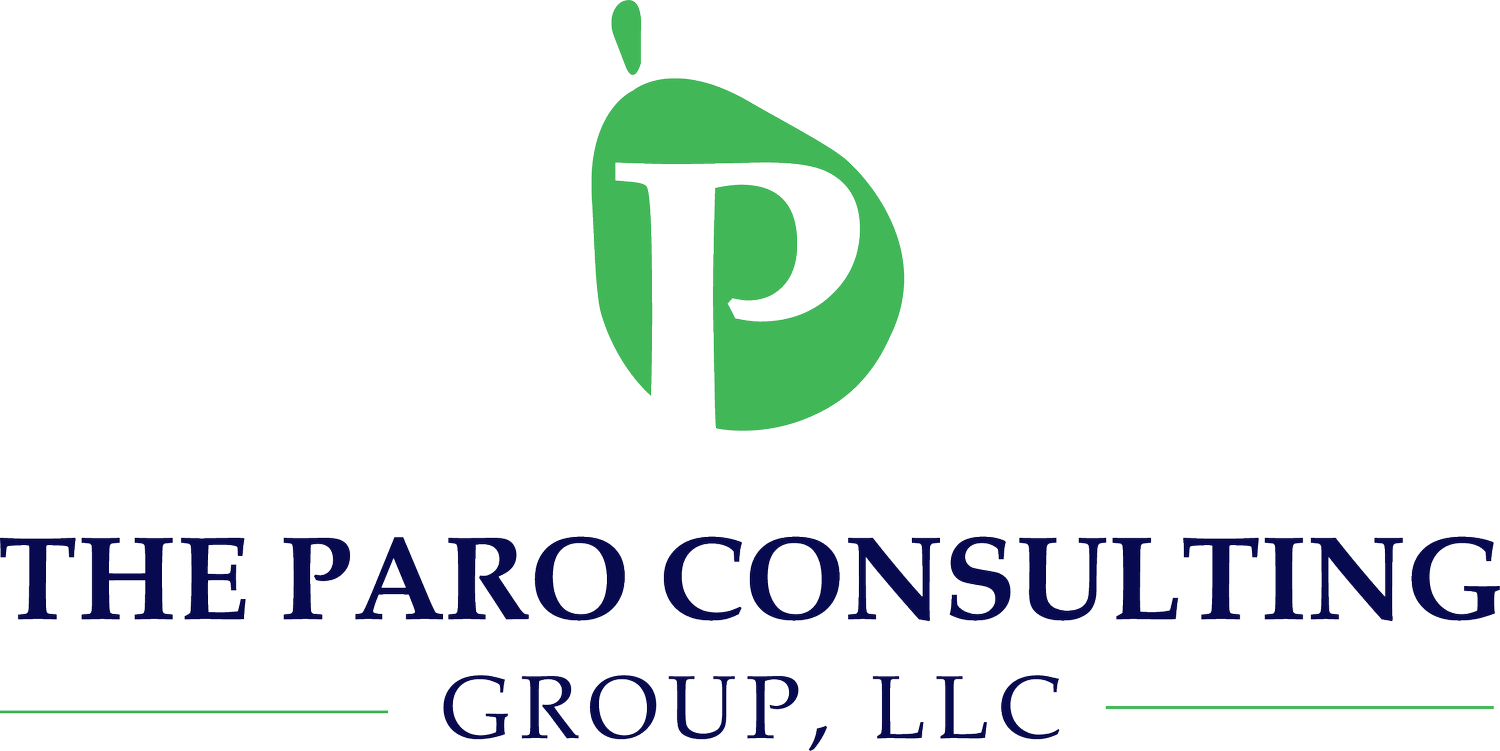Maximizing Non-Profit Impact: The Role of an Independent Consultant in CRM Selection
In the ever-evolving world of non-profit organizations, effectively managing relationships with donors, volunteers, and stakeholders is essential for success. One powerful tool that can streamline these efforts is a Customer Relationship Management (CRM) system. However, with many CRM software packages available, choosing the right one can be daunting for non-profits. To navigate this process seamlessly, non-profit organizations can significantly benefit from the guidance and expertise of an independent consultant. In this article, we will explore how engaging an independent consultant can support non-profits in selecting the most suitable CRM software from the various options available as part of their Request for Proposal (RFP) process.
Expertise in Non-Profit CRM Solutions:
Selecting the right CRM software requires a comprehensive understanding of the unique needs and challenges. An independent consultant specializing in non-profit CRM systems brings invaluable expertise. They are familiar with the specific features, functionalities, and integrations required to meet the diverse demands of non-profits. By leveraging their knowledge and experience, consultants can guide non-profits toward CRM solutions that align with their objectives, donor management strategies, fundraising goals, and program delivery requirements.
Objective Needs Assessment:
An independent consultant offers a fresh and unbiased perspective when assessing the needs and requirements of a non-profit organization. They can conduct an in-depth analysis of the organization's existing processes, workflows, and data management practices. This assessment helps identify pain points and areas where a CRM can bring the most value. With a comprehensive understanding of the organization's unique challenges, the consultant can recommend CRM features and functionalities that address these specific needs, ensuring that the selected software will provide the desired outcomes.
Streamlined RFP Process:
Navigating the Request for Proposal (RFP) process can be time-consuming and overwhelming for non-profit organizations. An independent consultant can simplify this process by developing a well-defined RFP outlining the organization's requirements and expectations. They can assist in identifying the most suitable CRM vendors, managing communication with vendors, and evaluating proposals. By leveraging their expertise in CRM selection, consultants can help non-profits select the most appropriate software packages to include in their RFP, saving time and ensuring a smooth procurement process.
Customization and Integration Guidance:
Non-profit organizations often require customization and integration of their CRM systems to align with their unique needs and existing technology infrastructure. An independent consultant can provide valuable guidance on the customization capabilities ’ customization capabilities and integration options. They can help non-profits understand the potential for tailoring the CRM to match specific workflows, reporting requirements, and data management practices. This ensures the selected CRM solution is flexible enough to grow and adapt to the organization's evolving needs.
Cost-Effectiveness and Long-Term Value:
Investing in a CRM system is a significant financial commitment for non-profit organizations. An independent consultant can help evaluate the cost-effectiveness, long cost-effectiveness, and long-term value. By considering initial implementation costs, ongoing maintenance and support expenses, and scalability, the consultant can assist non-profits in making informed decisions that align with their budget constraints and long-term sustainability goals.
Conclusion:
Selecting the right CRM software is critical for non-profit organizations seeking to enhance their donor management, volunteer coordination, and stakeholder engagement efforts. Engaging an independent consultant brings expertise, objectivity, and efficiency to the CRM selection process. By leveraging their specialized knowledge, non-profits can ensure that the chosen CRM software aligns with their unique needs, streamlines operations, maximizes impact and delivers long-term value.
Ready to find the perfect CRM for your non-profit organization? Book a discovery call with The Paro Consulting Group, our team of experienced independent consultants, who can guide you through the evaluation process and help you make the best decision for your organization's success. Maximize your non-profit's impact and achieve your goals through effective CRM implementation.
